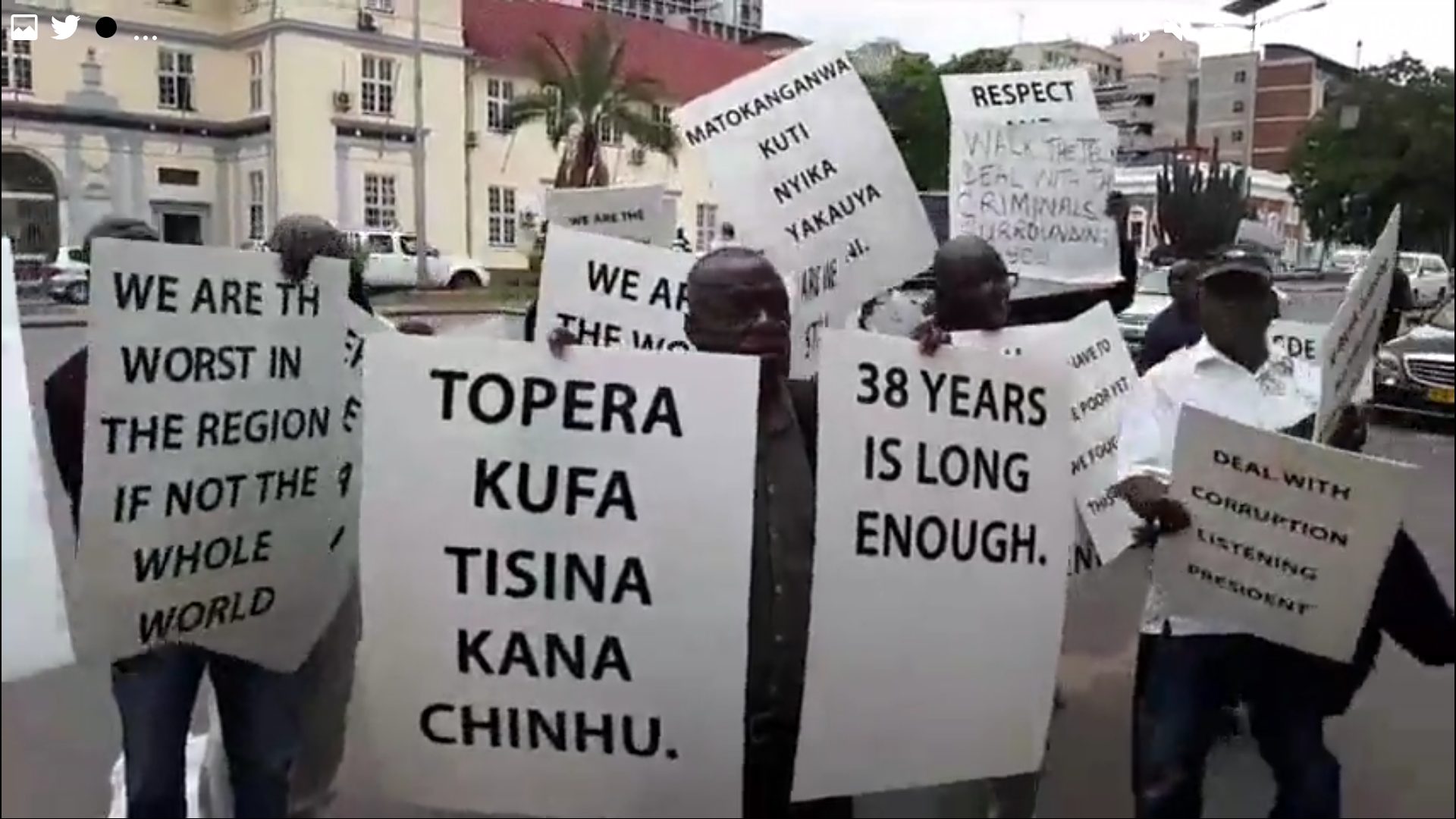A group of war veterans has challenged the Zimbabwean government’s plan to compensate white former commercial farmers whose land was acquired for resettlement, calling the agreement “unconstitutional.”
President Emmerson Mnangagwa’s administration has committed to paying US$3.5 billion to just over 4,000 farmers—not for the land itself, but for improvements made to the land.
The compensation scheme, first announced in 2020, is part of Mnangagwa’s effort to normalise relations with Western governments that were critical of Zimbabwe’s controversial land seizures and imposed sanctions in response.
However, progress has been slow. To date, the government has paid just US$3 million, covering 378 farms.
The war veterans, represented by human rights lawyer and former finance minister Tendai Biti, are now challenging the compensation deal in court. They argue that the agreement cannot be enforced without new legislation passed by Parliament.
The former guerrillas are also questioning the secrecy surrounding the deal and the methodology used to determine the value of compensation due to each farmer. They are asking the High Court to declare the agreement unconstitutional and void.
In an affidavit submitted with the court application, war veteran Joseph “Ginger” Chinguwa argued that the government has failed to disclose how it arrived at the US$3.5 billion valuation.
Chinguwa is demanding transparency on what exactly is being compensated—whether the improvements refer to dams, buildings, or other permanent fixtures.
He stated that anything permanently affixed to the land, such as dams, buildings, or plantations (e.g., fruit, coffee, or tea), should be considered part of the land itself.
If the compensation is instead for movable assets, such as fencing, centre pivots, tractors, or irrigation pipes, Chinguwa contends that these must be subjected to depreciation calculations before any payments are made.
Chinguwa is joined in the legal application by fellow war veterans Godfrey “Zvabhendazvabhenda” Gurira, Joseph “Hitler Bazooka” Chinyangare, Reuben Zulu, and Digmore Ndiya.
More: ZimLive



Back to top